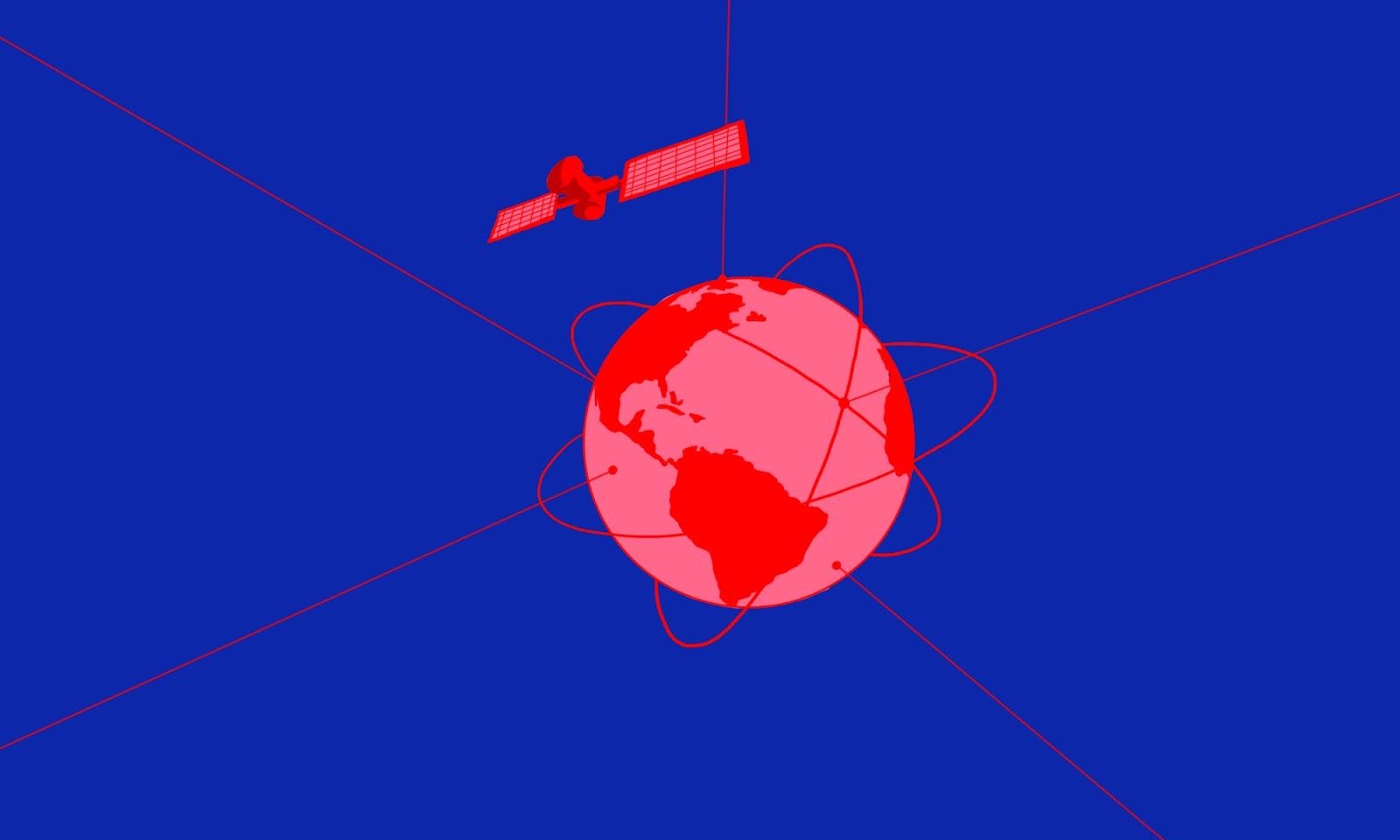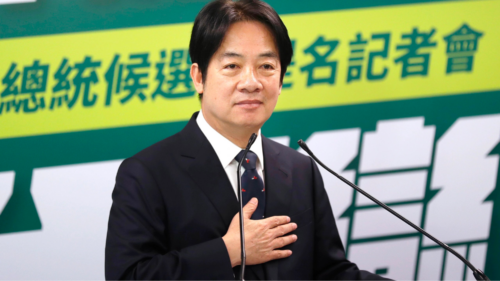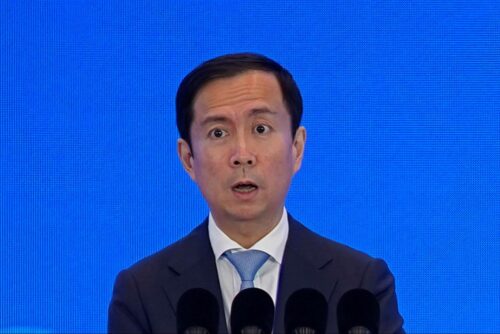Is Alibaba-backed navigation service Qianxun at risk from U.S. sanctions?
Qianxun SI provides navigation and positioning services to Huawei, Xiaomi, DJI, and now electric car company Xpeng. But will its global growth be hampered by U.S. sanctions?

On November 11, Qianxun Spatial Intelligence Inc. (Qianxun SI), a Chinese high-precision positioning and navigation provider, announced it will power the latest electric vehicles of Xpeng Motors, the New York–listed EV startup and a Tesla rival.
- Earlier, on October 30, Huawei announced (in Chinese) that its new flagship smartphone Mate 40 and several other models were equipped with Qinaxun SI’s positioning services.
- Qianxun SI says (in Chinese) that it also provides navigation services to multiple other Chinese companies, including Shenzhen-based drone manufacturer DJI, NIO (another New York–listed Chinese EV startup), Xiaomi, China’s second-largest smartphone maker after Huawei, GAC NE, the new energy division of the state-owned automaker GAC Group, and other state-owned auto giants, including FAW and SAIC.
Qianxun SI’s services rely on BeiDou, or BDS (BeiDou Navigation Satellite System), China’s satellite positioning system and a rival of the U.S.’s Global Positioning System (GPS).
- Qianxun SI said it has built 2,800 ground-based augmentation stations for BeiDou across China, promising a nationwide positioning service with accuracy at centimeter level (within less than an inch).
- China launched the 55th and the final satellite for BeiDou in June 2020. BeiDou, named after the Chinese word for the Big Dipper constellation (北斗 běi dǒu), has overtaken GPS — which has 31 satellites — in size as of 2019, Nikkei reported.
- More than 100 countries have signed on to the BeiDou navigation system, mostly in Southeast Asia and Africa.
Qianxun SI is backed by Alibaba, but also has direct connections with the Beijing government and close ties with the Chinese military.
- Qianxun SI was co-founded in 2015 by Alibaba and Norinco, or China North Industries Group Corporation Ltd, a state-owned defense corporation and one of China’s largest arms exporters, with a mission to promote civil and commercial use of the BeiDou system.
- Norinco’s investment unit and Alibaba currently each hold 41.96% of Qianxun SI’s ownership, according to Qichaha, a Chinese business registration database.
Potential investment risk? The U.S. government listed Norinco as a “communist Chinese military company” in a blacklist published this June by the Department of Defense.
- The Trump administration on November 12 announced sanctions against the blacklisted companies, including Norinco, prohibiting U.S. investment in these companies that it deemed as owned or controlled by the Chinese military.
Bottom line: Qianxun SI is not on the June blacklist and has not been directly targeted for security scrutiny, but is at potential risk because of its shareholders, executives, and the BeiDou system.
- Paul Triolo, head of geotechnology at consulting firm Eurasia Group, told The China Project that the full scope of prohibitions of November sanction against Norinco are still unclear. “At this point it does not appear that the Qianxun SI joint venture with Norinco will be impacted by the executive order,” he said.
- Qianxun SI’s chairman, Xué Jiànguó 薛建国, is the head of Norinco’s investment unit — Norinco BeiDou Investment Ltd.
- BeiDou is currently not under known U.S. government scrutiny. However, a 2017 report by the U.S.-China Economic Security Review Commission (USCC) to the U.S. Congress did raise concerns that the Chinese satellite navigation system could pose a security risk by allowing Beijing to track users of the system once the technology is in widespread use.
- The U.S. government put Norinco on its non-proliferation sanctions list in 2003, saying that the company had transferred dual-use technologies to a company involved in Iran’s ballistic missile program. The sanctions expired in 2007, according to the U.S. State Department.






